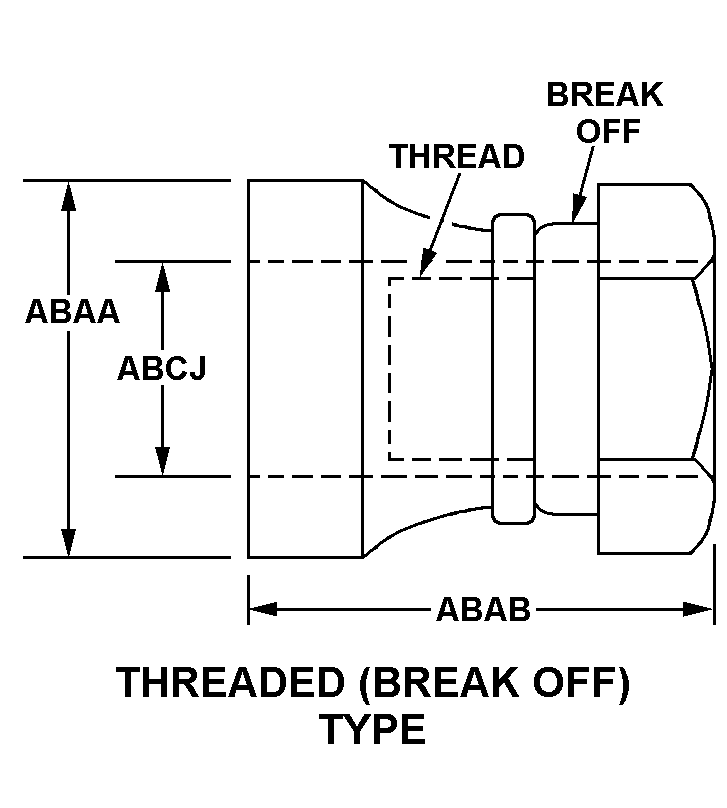5320014803223
Price Quote Get an up to date pricing and availability quote for this product. Order online or over the phone.
Quality Commitment
Serving our customers with quality and safety first.
- AS9120 Certified
- Audited supply chain
- ITAR Registered
- DDTC Registered
- HAZMAT Certified
- Customer service objectives
- Every product 100% inspected

5320-01-480-3223 Specification Set by the OEM (see RNCC code 3)
cetyl alcohol
0.03125in. ⁓3/64"
threaded (break off) type
collar, PIN-Rivet THREADED-Ss collar and washer, SELF-Aligning, tension
heat treat washer age to H1025 condition for 17-4 ph, age to TH1050 condition for 17-7Ph and 15-7 mo per MIL-H-6875
H-1025 strain hardened collar
steel corrosion resisting washer
AMS5643 assn std 1st material response washer or AMS5528 assn std 2nd material response washer or AMS5520 assn std 3rd material response washer
cadmium washer
QQ-P-416, type i, class 2 assn std single treatment response washer
Cross Reference Parts Part numbers that meet the specification outlined on this page and set by the OEM
Identification Item Identification Guide (IIG) and Item Name Code (INC)

Definition Definition of approved item name (AIN): "COLLAR,PIN-RIVET"
A soft metal or nonmetal sleeve, designed to mate with a pin-rivet. it may include an external wrenching facility which breaks off at a perdetermined torque to form a head.
5320-01-480-3223 Material Hazmat, Precious Metals, Criticality, Enviroment, and ESD
Indicates there is no data in the hmirs and the nsn is in a fsc not generally suspected of containing hazardous materials.
Item does not contain precious metal.
No known electrostatic discharge (esd) or electromagnetic interference (emi) sensitivity.
Represents items with no adp components
The item does not have a nuclear hardened feature or any other critical feature such as tolerance, fit restriction or application.
Identification Codes
HMIC: Hazardous Material Indicator Code. A one position code that identifies a hazardous item.
PMIC: Precious Metal Indicator Code. A one position code which identifies items that have precious metals as part of their content. precious metals are those metals generally considered to be uncommon, highly valuable, and relatively superior in certain properties such as resistance to corrosion and electrical conductivity.
ESD: Electrostatic Discharge. Indicates if an item is susceptible to electrostatic discharge or electromagnetic interference damage. electrostatic discharge damage occurs when an accumulation of static electricity generated by the relative motion or separation of materials is released to another item by direct contact. electromagnetic interference damage occurs when an item comes into proximity with an electrostatic or magnetic field.
ENAC: Enviromental Attribute Code. Identifies items with environmentally preferred characteristics.
CRITL: Criticality Indicator Code. Indicates an item is technically critical by tolerance, fit, application, nuclear hardness properties, or other characteristics.






